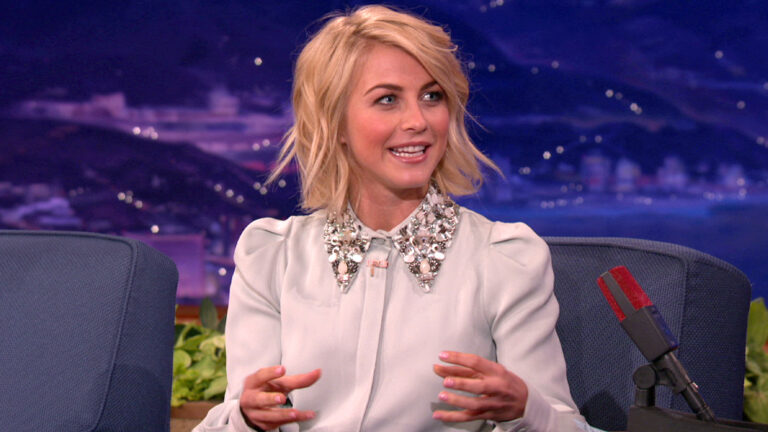In the world of Hollywood, where every move is scrutinized under a microscope, the slightest misstep can have far-reaching consequences. Julianne Hough, a beloved actress and dancer known for her roles in films like Footloose and Burlesque, learned this the hard way. Her career nearly came to a halt when a decision she made in 2013 resurfaced, sparking outrage and criticism.
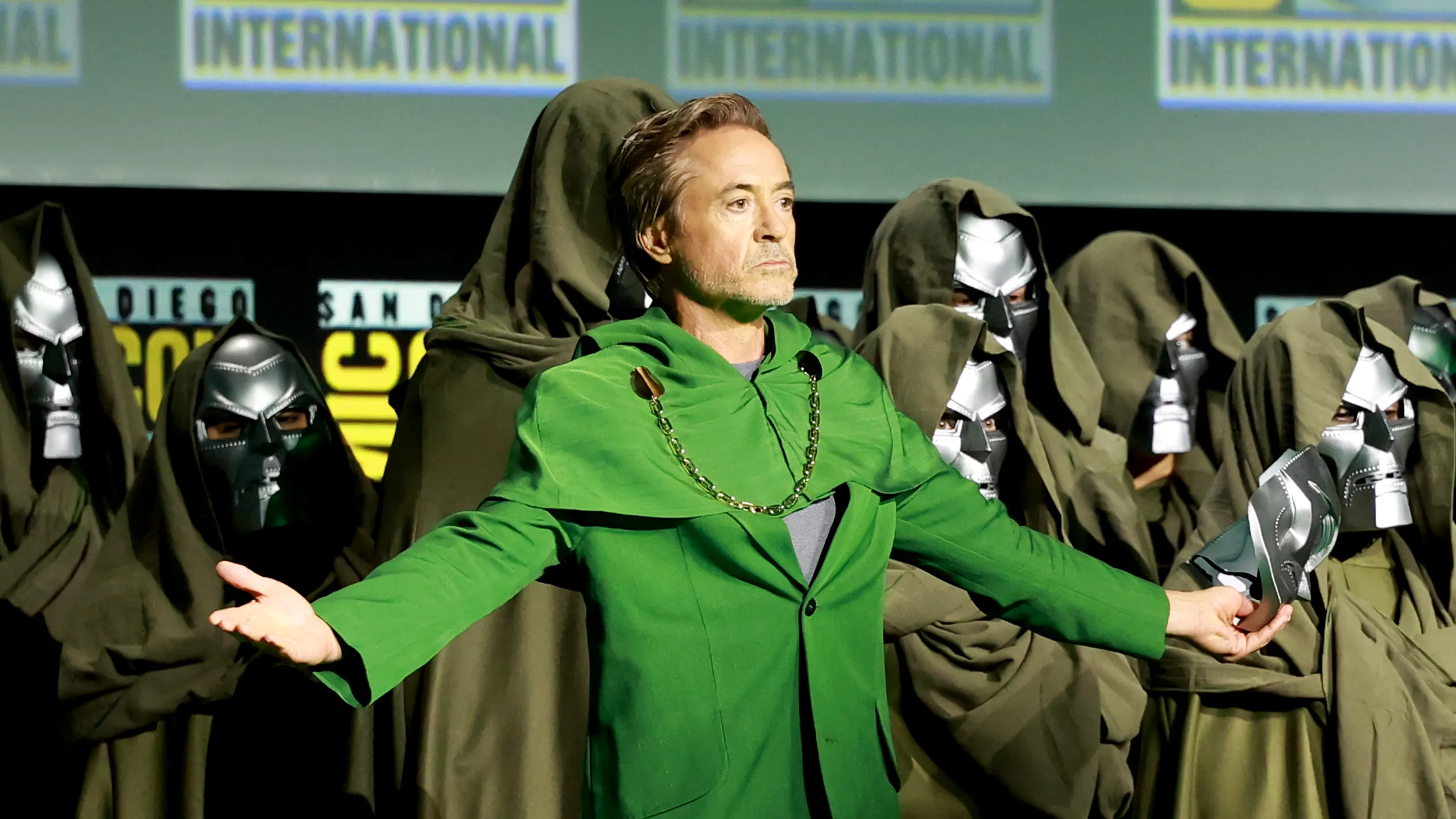
The Halloween Costume That Sparked Outrage
Julianne Hough’s moment of controversy came when she decided to dress up as Uzo Aduba’s character from Orange is the New Black for Halloween. Unfortunately, her decision to paint her skin to resemble Aduba’s character, who is African American, led to accusations of blackface—a deeply offensive act with a painful history rooted in racism.
At the time, Hough didn’t anticipate the backlash that would follow. But as the internet dug up the photos, the response was swift and severe. The timing couldn’t have been worse, as this resurfaced controversy coincided with the release of her CBS series, The Activist, which ironically focused on social justice and the betterment of society.
Julianne Hough’s Public Apology: A Lesson in Regret
Faced with the backlash, Hough took to Instagram to express her regret and offer a heartfelt apology.
“Wearing blackface was a poor choice based on my own white privilege and my own white body bias that hurt people and is something I regret doing to this day,”
Hough’s words reflected a deep understanding of the hurt her actions had caused. Her apology didn’t just stop at expressing regret; she also promised to educate herself on the history of blackface and its harmful impact.
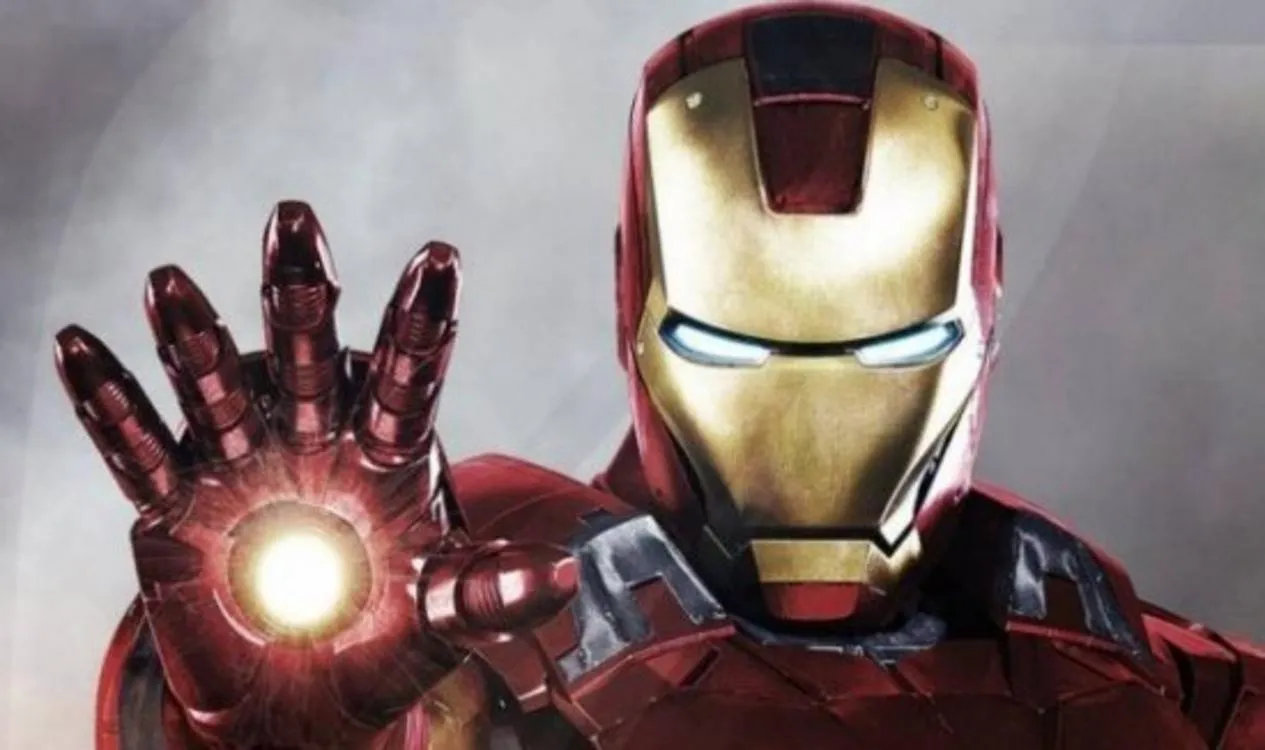
“The regret that I live with pales in comparison to the lived experiences of so many. My commitment has been to reflect and act differently,”
She acknowledged that the damage she had done was far greater than her personal remorse.
Robert Downey Jr.’s Controversial Take on Blackface
While Julianne Hough expressed deep regret for her actions, another Hollywood A-lister took a very different approach to a similar controversy. Robert Downey Jr., one of the most celebrated actors of his generation, found himself in the spotlight for his role in the 2008 film Tropic Thunder.
In the film, Downey Jr. portrayed a character who undergoes a skin pigmentation procedure to play an African American soldier. Despite the backlash, Downey Jr. has consistently refused to apologize for the role. During an interview on Rob Lowe’s “Literally” podcast, he explained that his character was intended as a satire, a commentary on the absurdity of Hollywood’s racially insensitive tropes.
“The language was saying, ‘Hey, this is the reason that we’re doing these things that, in a vacuum, you could pick apart and say are wrong and bad,’”
Downey Jr. argued that the film’s intent was to criticize the very practice it depicted, rather than endorse it.
“The spirit that [Ben] Stiller directed and cast and shot ‘Tropic Thunder’ in was, essentially, as a railing against all of these tropes that are not right and [that] had been perpetuated for too long.”
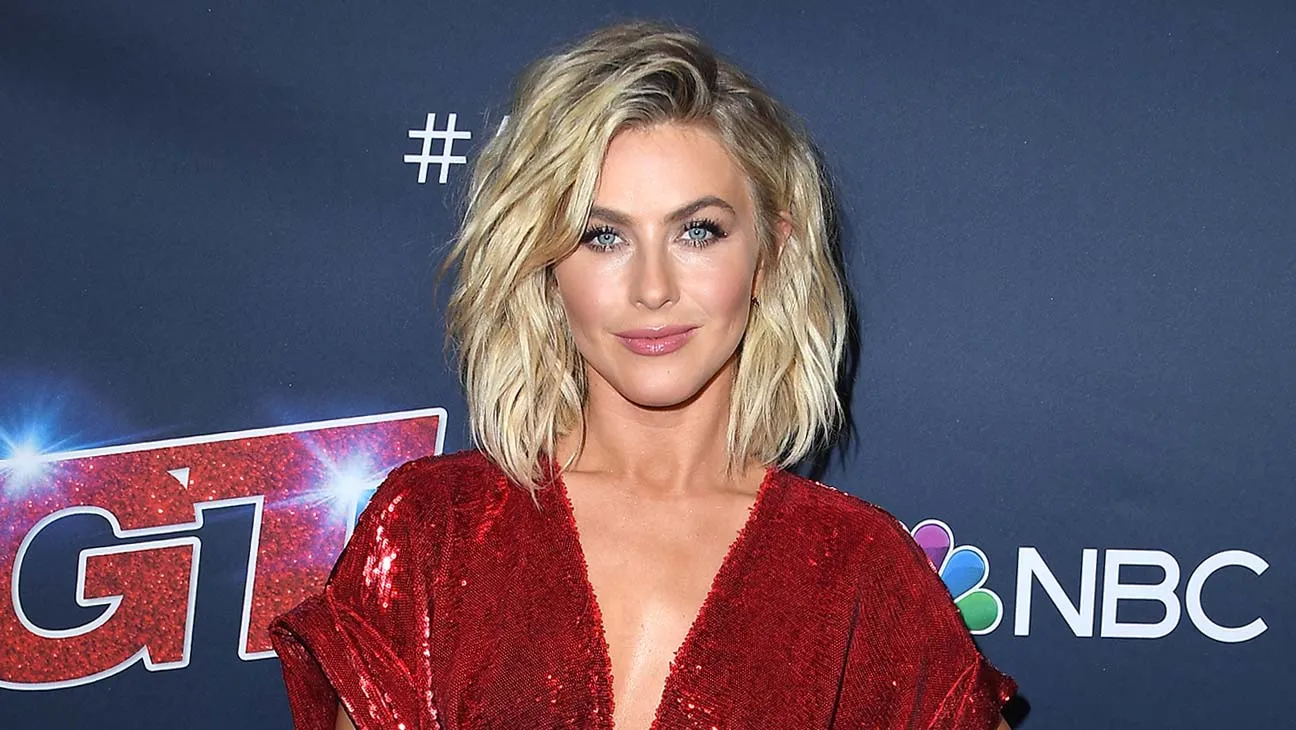
A Tale of Two Reactions: Reflecting on Hollywood’s Double Standards
The contrast between Julianne Hough and Robert Downey Jr.’s responses to their respective controversies offers a glimpse into the complex dynamics of Hollywood’s relationship with race. Hough’s decision to apologize and educate herself highlights a path of redemption, while Downey Jr.’s refusal to apologize underscores the nuanced debate around satire and intention.
For Hough, the blackface scandal remains a significant blemish on her career, one that she continues to address with humility and reflection. Her public acknowledgment of her mistake and her commitment to learning from it have allowed her to gradually rebuild her reputation.
Meanwhile, Downey Jr.’s Tropic Thunder role remains a point of contention, with some viewing it as a clever critique of Hollywood’s past, and others as an unacceptable use of blackface, regardless of intent. His steadfast stance has sparked conversations about the boundaries of satire and the responsibility of actors and filmmakers when dealing with sensitive issues.
Moving Forward: Lessons Learned and the Path Ahead
As Julianne Hough continues to navigate her career, the lessons learned from her blackface controversy serve as a reminder of the importance of awareness and sensitivity in today’s cultural landscape. Her willingness to confront her mistakes head-on and strive for personal growth sets an example for others in the industry.
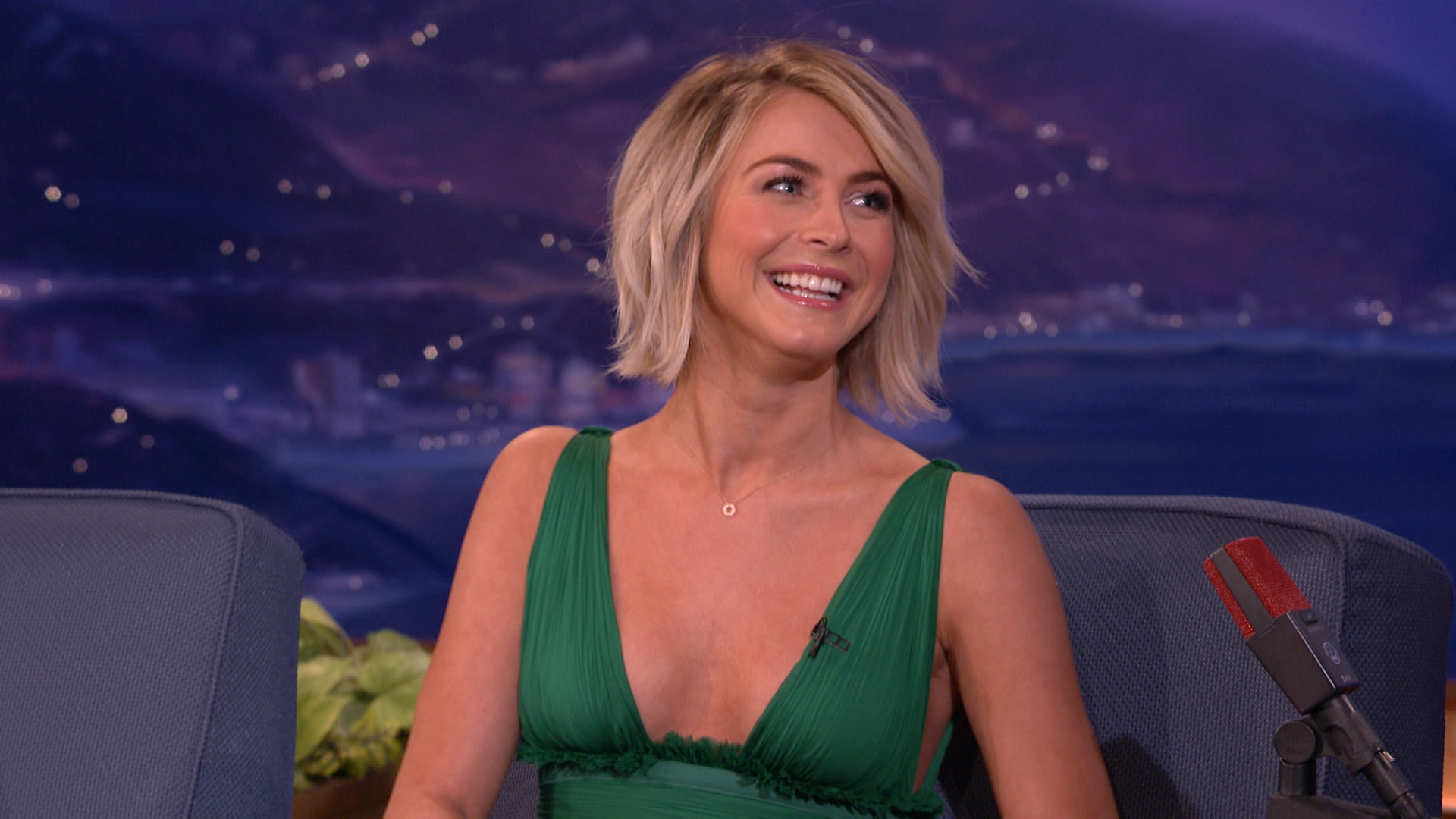
The entertainment world is constantly evolving, and with it, the expectations placed on its stars. While some, like Hough, choose to acknowledge their past missteps and seek redemption, others, like Downey Jr., may stand by their choices, sparking debate and discussion. Both paths offer valuable insights into how Hollywood grapples with its complicated history and the ongoing journey toward a more inclusive future.
In the end, the stories of Julianne Hough and Robert Downey Jr. reflect the broader conversation about race, responsibility, and the role of art in society—a conversation that is far from over.
